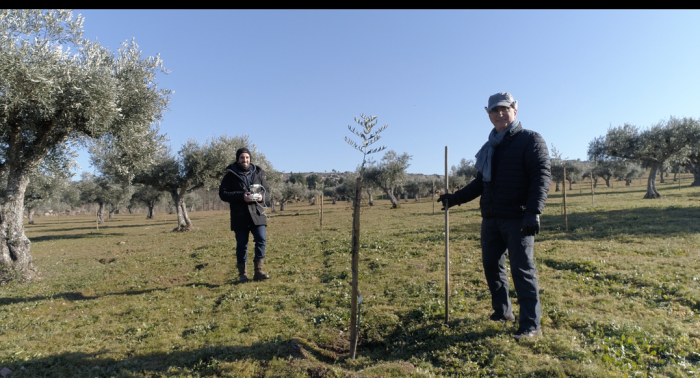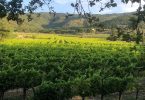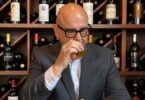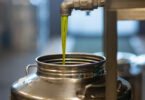The Wolf Post offers a professional service with free access, without subscription.
For this reason, a donation would also be a sign of appreciation for our work.
Marco Ramos is a latest generation olive farmer. A young man with the teachings of parents who invested in agriculture decades ago, buying abandoned land in the generous Portuguese land.
The placement in the company takes place after other work experiences, until the desire to collect the family inheritance pushes Marco to definitively enter the world of Extra virgin olive oil. A reality that he has known well since childhood, having learned its enormous potential and as many challenges, especially in an era of climate change like the current one.
Yet, Marco knows that it is precisely from the olive world that the movement for an increasingly sustainable agriculture can start in respect of an environment that is our home.
Vacinata, the company of Marco Ramos and his family, produces Extra virgin olive oil of the highest quality and is known outside the national borders for its two excellent varieties: Terras Senhoriais and Val D’Ama.
In this interview, Marco Ramos talks about his life among the family olive groves and the new bets for the future of his company.
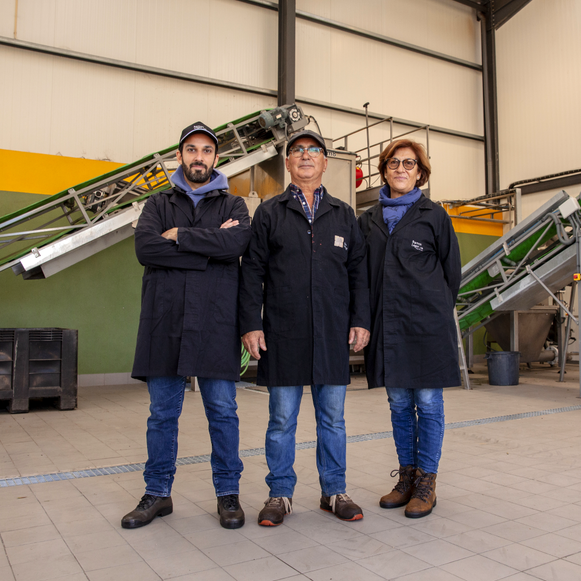
©Vacinata
Your first memory in the family olive grove?
When I was young, we weren’t doing olive oil for business. It was, as for most of the people around us, just for our own consumption. At that time, we were living in France and Portugal was our destination for holidays, like going back to the roots every year. Consequently, I did not spend that much time in the olive groves. Nevertheless, I knew that when Christmas holidays were coming, there would be some time spent in the olive mill. The thing was to dress warmly because winter is pretty cold in Cótimos and we would wait a lot of time for our turn. But, in the traditional olive oil mills, there is always a fireplace where people gather and share their experiences. It’s the perfect moment for sharing a “chouriça” (a Portuguese sausage that we usually grill on the fire) and some chestnuts. I remember it was always kind of an adventure because we knew when we would arrive but never when we would leave. But the waiting was worth it: it was the opportunity to go through the whole process and the smell of the olive oil was permanent and everywhere. More than anything else, the smell is what kept in my memory since then.
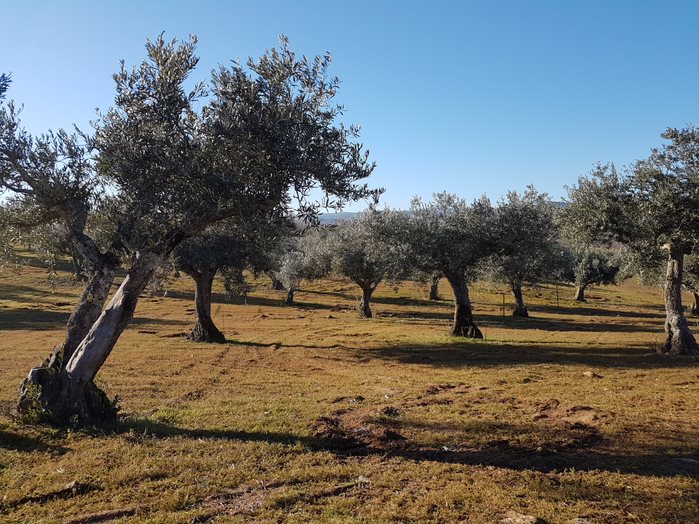
©Azeite Vacinata
Did you know from the beginning that you would follow in the footsteps of your parents, or did you think of doing another profession in life?
It was not in my plans to follow the footsteps of my parents, mainly because at the time of deciding for my future, the production of olive oil was still kind of a hobby. I actually started a career in Mobile Marketing in Paris, a career that I then abandoned. Because if there is something I can tell for sure is that when the idea of starting this business came to the mind of my parents, they were looking for partners: I jumped in without even thinking about it. So, I can say that I’ve always been feeling this in my bones kind of.
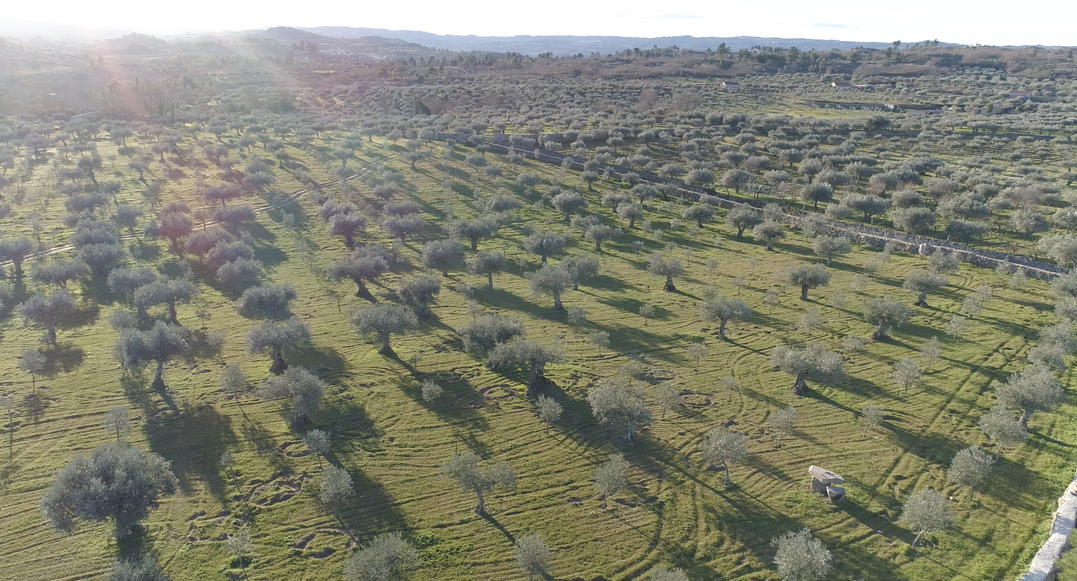
©Azeite Vacinata
Certainly living the experience of an olive grove every day helps to learn the trade well before those who have only studied and then approach the countryside. Yet, did you feel the need to train yourself also through studies or was the example of those who arrived before you enough?
The experience of the countryside and studies are complementary. There are some things that you can’t learn in books, and the contrary is also true. You can’t keep with only one of the parts: what is definitely interesting in studies is that you get connections and create bonds to cooperate, and some innovative knowledge that will help you modernize the fields and the way of working. For example, tradition says that you always must plow the land so that there are no weeds. Now we know that some weeds can bring benefits to the olive trees: minds and habits change thanks to science studies. So, if you are curious enough, you get some invaluable knowledge that field experience only can’t bring you.
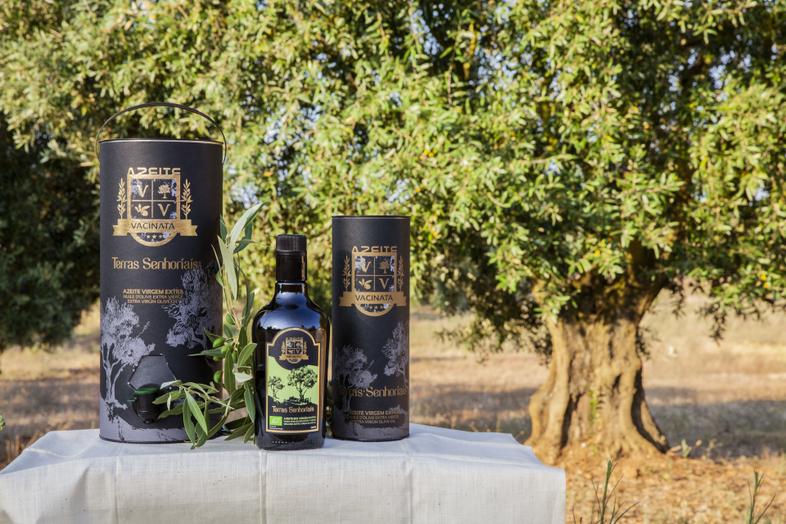
©Azeite Vacinata
What difficulties does an agricultural entrepreneur face today, at this precise historical moment, and what advantages, on the contrary, can arise from a historical era in which artisanal EVOO is increasingly considered an elixir of life?
More than ever, we are facing some environmental changes that are impacting a lot of the agricultural economy. We can’t work as we used to: seasons are variable, temperatures are going crazy, and some natural resources are starting to become scarce. I believe we can say that as we had the “Golden Era” with the economic prosperity of post-war, we just left the “Golden Era” of agriculture. Now, the game has changed and the ones who will survive are the ones that will adapt and innovate. Also, we must be very aware of the news and what is happening in the world and not only in our own country: our economies are globalized, anything anywhere can have an impact on us. We feel it even when we need to buy more labels for our bottles: glue, paper, colors are missing. When our providers find a solution, there is always something that comes out next. We must be one step forward to not get surprised.
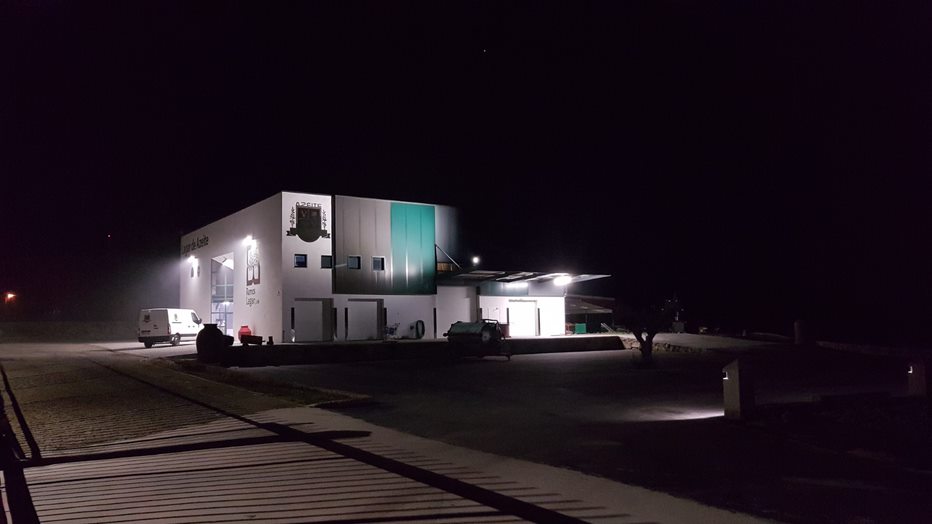
©Azeite Vacinata
Consequently, as we see that a globalized and industrialized economy can bring a lot of issues too, we finally go back to our fields, tradition and craftsmanship. When some years ago we were looking for getting everything quick and nice, we today are looking for authenticity. I believe EVOO is an excellent flagship of this tendency: a thousand-year-old agriculture, completely natural… and with incredible benefits for our body that people are more and more looking for. The Mediterranean diet is not something new and we all agree on its benefits, so we are happy to see people aware of it, knowing that EVOO is one of its main ingredients.
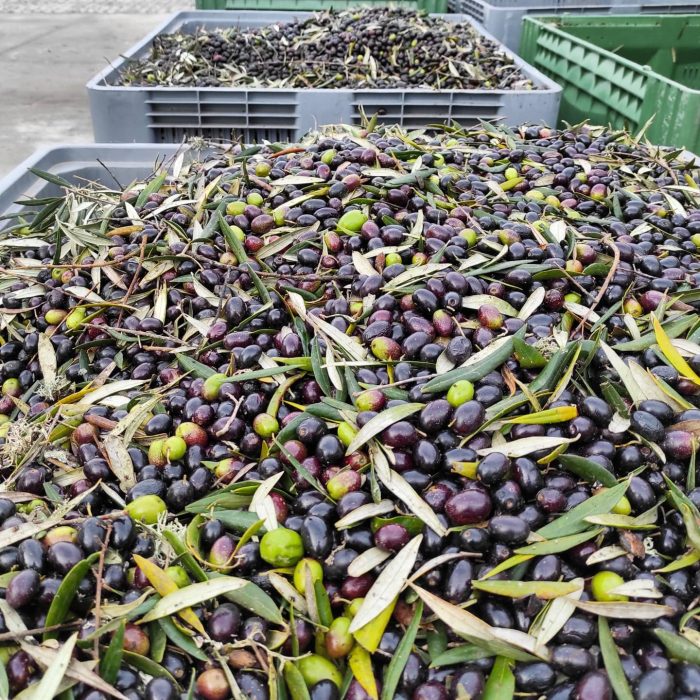
© Azeite Vacinata
What do you love about Portugal, in particular the area where your olive groves are located, and what is the added value of Portuguese extra virgin olive oil and, in particular, VACINATA?
In my point of view, Portugal is a small country but with a huge history and culture. At the beginning, there was Henry, Count of Portugal. He received this County from King Alfonso VI of León and Castile. Henry was the father of Alfonso I, first King of Portugal. Portugal got its independence and became what it is today by going through the Reconquista, scratching the lands battle after battle, victory after victory. That is why we still can find a lot of castles all around the country, and especially in the hinterland which is a lot more rural than the rest. You can see these monsters of stone overlooking the small cities or villages. Trancoso, the main city of our county is a perfect example of it, it still has its rampart that contains the old city. The presence of these constructions in our location is one of the reasons why I love our terroir, as well as the gastronomy, not the finest, but tempting and generous.
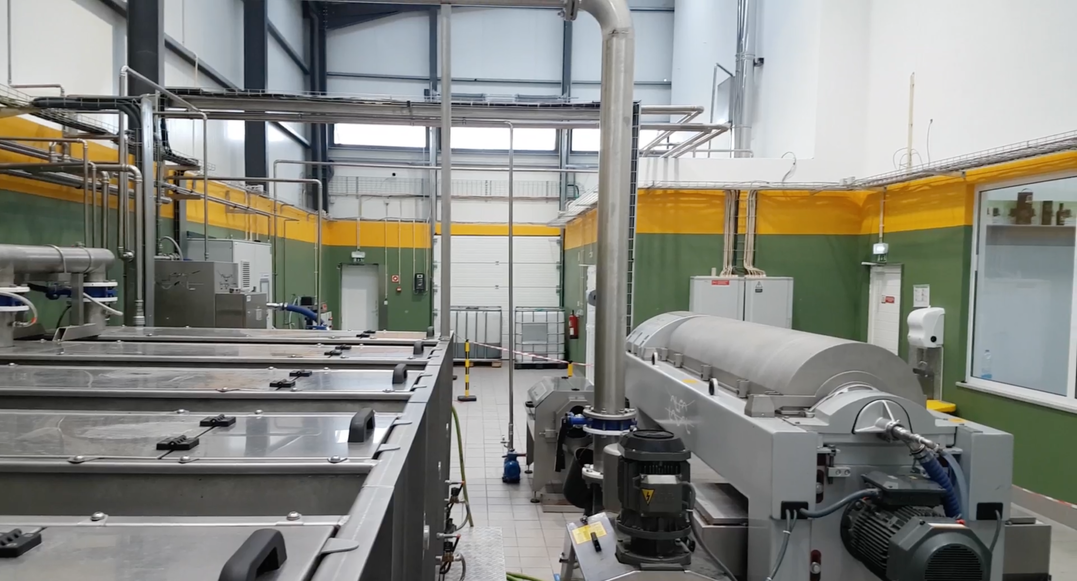
©Azeite Vacinata
Extra virgin olive oil is part of the national gastronomy, Vacinata of the local one. Our olive groves grow in the middle of granite mountains, chestnut groves, pines, almond trees and oak trees. The results of this geographic situation are olive oils with marked pungencies, even Val d’Dama (the ripe one), and unique aromas. Our EVOOs gather the four main varieties of the region through a natural blend that creates its unique personality.


